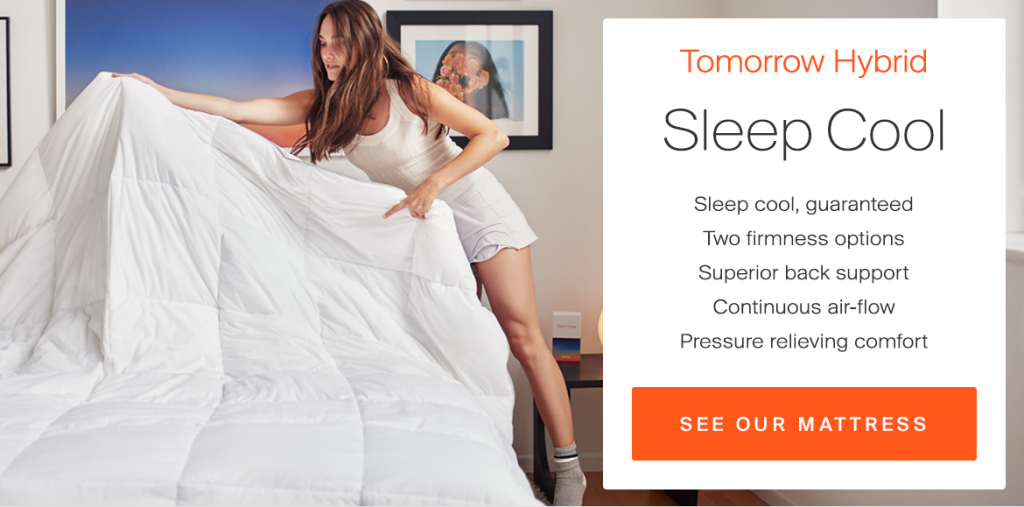Everyone experiences lags in energy, but for someone suffering from excessive daytime sleepiness, sluggishness and drowsiness are constant companions. Characterized by a level of tired that interferes with daily activities, excessive sleepiness is often misunderstood because of its subjective symptoms.
While being tired might not seem like a reason to see the doctor, excessive sleepiness can lead to potentially serious problems. If you’re experiencing the following symptoms, you might be one of the 20 percent of the population with excessive daytime sleepiness.
Lapsed Judgment

The same sleep deprivation that leads to excessive daytime sleepiness disrupts the areas of the brain responsible for decision-making and judgment. A study conducted at Walter Reed Army Institute of Research suggests that sleepiness slows the way you deliberate about personal dilemmas and situations, which could lead to lapses in judgment that wouldn’t occur if you were fully rested.
Difficulty Concentrating

Trouble concentrating is one of the main complaints shared by many sufferers of excessive daytime sleepiness. Studies show that people who suffer from sleep disorders often take longer to respond to a stimulus, which demonstrates the strength of the connection between sleep and concentration.
Reduced Productivity

When you suffer from excessive sleepiness, slowed thinking and reduced concentration lead to decreased productivity throughout the day. Not only are you less alert and unmotivated, but you’re also processing less information. That means you get less done, both at work and at home.
Increased Risk of Accidents

The National Sleep Foundation cautions that sleep deprivation affects your body in much the same way as alcohol. In fact, the National Highway Traffic Safety Administration estimates that roughly 100,000 automobile accidents reported every year are caused by driver fatigue. Drowsy driving can be as dangerous as drunk driving, and the same holds true for operating other types of machinery.
Health Problems

The underlying sleep deprivation that causes excessive daytime sleepiness also has a significant impact on your health. Potential issues include short-term problems like anxiety and memory problems in addition to long-term effects such as high blood pressure, depression, and obesity. Sleep deprivation has even been linked to an increased risk of heart attack and stroke.
Living with Excessive Daytime Sleepiness

Run, don’t walk to your doctor’s office. The best thing you can do if you’re suffering from excessive daytime sleepiness is investigate the cause. The many causes of excessive sleepiness include sleep disorders like obstructive sleep apnea (OSA), narcolepsy, and insomnia. Your doctor may recommend behavioral, psychological or medical treatments.
Other ways to improve your quality of sleep include the following:
- Create a sleep ritual like turning off electronics, dimming the lights, and doing something relaxing for the hour before going to sleep.
- Turn the thermostat down to 65 degrees, the ideal sleeping temperature, or sleep on a temperature regulating mattress.
- Avoid caffeine and nicotine for at least four to six hours before going to bed. Try one of these caffeine alternatives instead.
- Don’t drink alcohol too close to bedtime, as it decreases sleep quality.
- Turn the clock away from you. Staring at the clock tends to create sleep-robbing stress.
- Create a peaceful sleeping environment by applying bedroom design principles, like feng shui , or using aromatherapy, like essential oils for sleep.

